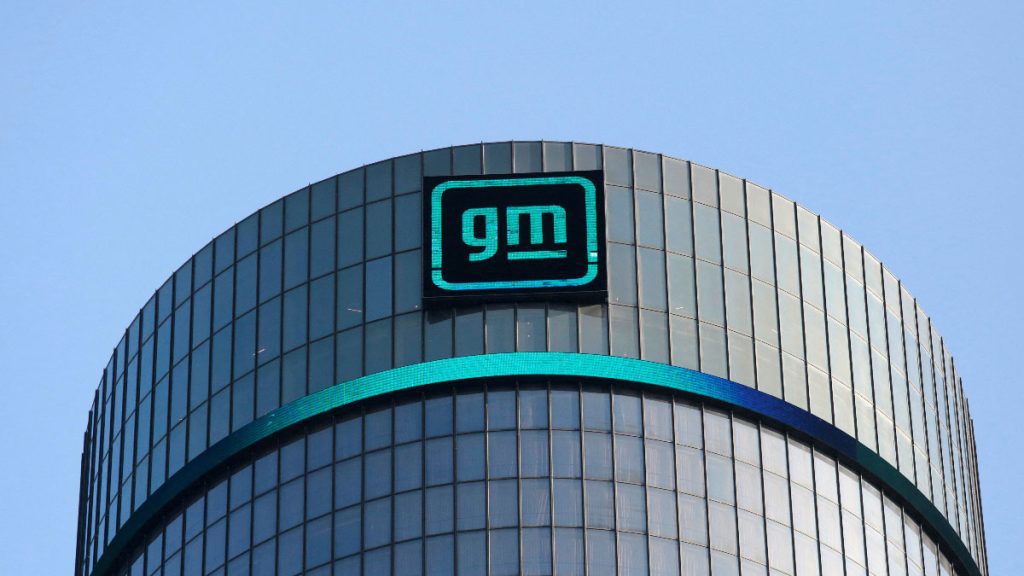
The U.S. Energy Department on Monday announced it intends to loan a joint venture of General Motors Co and LG Energy Solution $2.5 billion to help finance construction of new lithium-ion battery cell manufacturing facilities.
The conditional commitment for the loan to Ultium Cells LLC for facilities in Ohio, Tennessee, and Michigan is expected to close in the coming months and comes from the government’s Advanced Technology Vehicles Manufacturing (ATVM) loan program, which has not funded a new loan since 2010.
The plan, first reported by Reuters, would mark the Energy Department’s first loan exclusively for a battery cell manufacturing project under the vehicle program.
The program previously provided low-cost government loans to Tesla Inc, Ford Motor and Nissan, which included some cell manufacturing.
President Joe Biden has set a goal of 50 percent of U.S. auto production by 2030 being electric or plug-in electric hybrid vehicles.
“We have to have vehicle manufacturing capacity but also battery manufacturing capacity,” Jigar Shah, who directs the Energy Department loan program office, told Reuters in an interview. “This project provides one of the newest additions to battery manufacturing scale in this country.”
Ultium said in a statement the “facilities will create more than 5,000 new high-tech jobs in the United States. We are grateful for the consideration and look forward to working with the Department of Energy on next steps.”
In total, GM and LG are investing more than $7 billion via the venture to build three battery plants. Production at its Ohio battery plant is expected to begin in August, an Ultium spokeswoman said. The plant in Warren, Ohio currently has 700 workers.
Production is set to begin at its Tennessee plant in late 2023 and in Michigan in 2024.
“The goal is to… help these companies move faster and farther than they otherwise would have,” Shah said. The loan agreement requires Ultium to offer employees the local prevailing wage and fringe benefits.
In April, the Energy Department said it had issued a conditional commitment for a $107 million loan to graphite miner Syrah Resources to expand an electric vehicle battery parts plant in Louisiana.
Shah said the department has received more than $18 billion in loan requests from the auto program and expects at least another $5 billion in requests that are being actively prepared.
“I do think there will more loans issued,” Shah said, declining to offer a precise timeline.
The program currently has $17.7 billion in lending authority available. Shah said “for motivated borrowers, they can close these loans rather quickly.”
Australia-based Syrah plans to use the loan to expand the Louisiana plant that will process graphite mined from Mozambique into anodes, the positively charged electrode of a battery. The facility is expected to produce enough anodes for 2.3 million EVs by 2040.
In February, the Energy Department said it plans to provide $2.91 billion in grants to boost production of advanced batteries, fund battery materials refining and production plants, battery cell and pack manufacturing facilities, and recycling facilities.
WASHINGTON (Reuters)